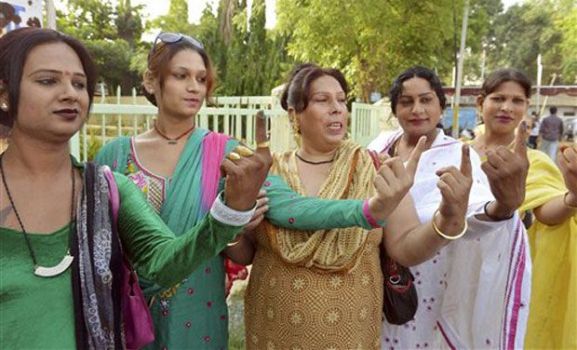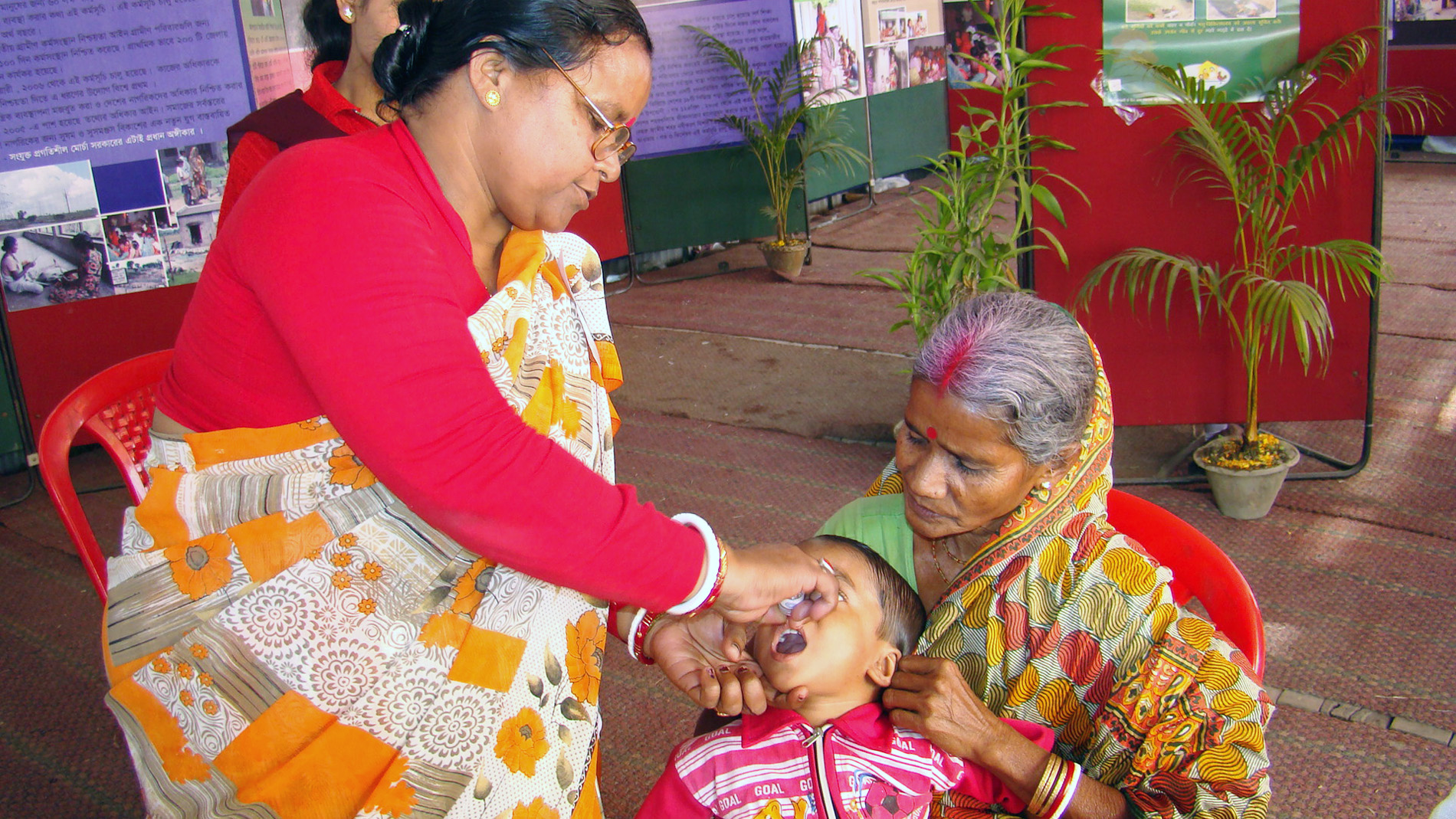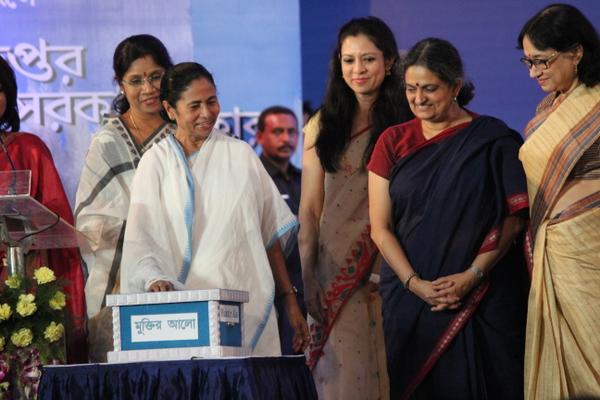Minister for women and child development and social welfare, Dr Shashi Panja, said on Wednesday that transgender persons deserve to have separate public toilets.
“They deserve separate toilets, which unfortunately are not there. Just imagine the difficulties faced by them. They are human (beings) too,” Panja said while addressing the 8th CII Corporate Social Responsibility Meet, 2015 here.
She also appealed to the corporate houses to earmark a part of their CSR funds for setting up separate toilets for the transgender.
As per state government figures, the number of transgender persons in West Bengal is 30,349. The issue of the community’s welfare is being discussed in Bengal since the state government has set up a transgender development board.
Also, with Manabi Mukhopadhyay becoming the first transgender principal of any college has given an impetus to the transgender development movement in the state.
“The government alone cannot do everything. Please come forward and help us achieve our social goals,” Dr Panja said.
Dr Panja also spoke of the need for quality education and vocational training at anganwadi centres where children need good teachers and mentors.
“All you are required to do is approach the urban development department for land,” she said in her appeal to the corporate houses.
Earlier, the state government had asked the Kolkata Police to begin recruitment of transgenders into the Civic Police Volunteer Force. The move was seen as a way to end the “stigma” and “discrimination” against the community.



